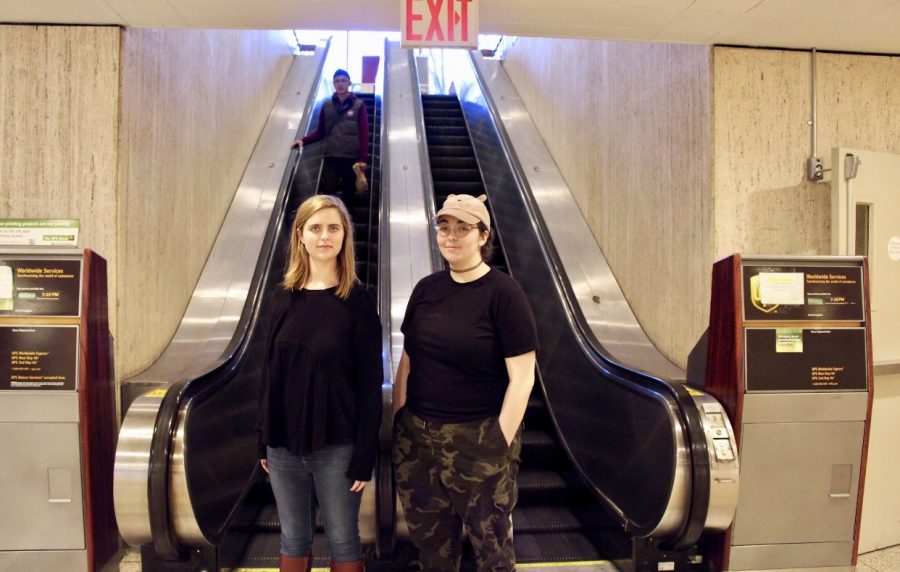Advocating for Accessibility: Fordham Upgrades Disability Studies Minor
The introduction of a disabilities studies minor comes as a valuable new voice in the ongoing dialogue about disabilities at Fordham. Students for Disability Awareness (SDA) Vice President Lucy Clancy (left) and SDA President Cristina Pardo (right) also work to bring attention to the inaccessibility of Fordham’s campus.
March 9, 2019
Fordham’s newest minor program, disability studies, was added last semester for those seeking to understand the personal and socio-political impacts of disabilities. Last week, an introductory course was created for students interested in accessibility advocacy.
Introduction to Disability Studies (DISA 2500) will be a required course for disability studies minors at Fordham University. According to Professor Sophie Mitra, a co-advisor for the new minor, DISA 2500 will “enable students to think independently and carefully about the meanings of disability and their implications.” The course will draw on a variety of texts and backgrounds to understand cultural perceptions of normality and desirability in terms of bodies and minds.
Students will also be required to take four electives relating to disabilities in society and an additional upper-level core course or an Independent Study on Disabilities (DISA 4900).
Both the upper-level core courses and electives required for disability studies minors are previously established classes from other departments, such as the elective course Race, Class, & Gender (COMC 3247).
From the minor’s official brochure, “The Minor in Disability Studies focuses on the meaning and the consequences of what it is to be defined as disabled.” Approaching this idea from a wide array of interdisciplinary perspectives, “This minor may be of particular interest to those with professional goals in human rights, medicine and allied health, psychology, public policy, education, social work, and law.”
“Disability studies is an exciting interdisciplinary field,” said Mitra. “The minor was developed to offer undergraduates the opportunity to engage with questions pertaining to the ways disability and normality are understood and represented.
“Disability intersects in subtle and profound ways with other categories of identity,” she said. “Having a minor in disability studies here at Fordham also helps bring awareness to issues around access on our campus and beyond.” The introduction of this minor comes as a valuable new voice in the ongoing dialogue about disabilities at Fordham.













